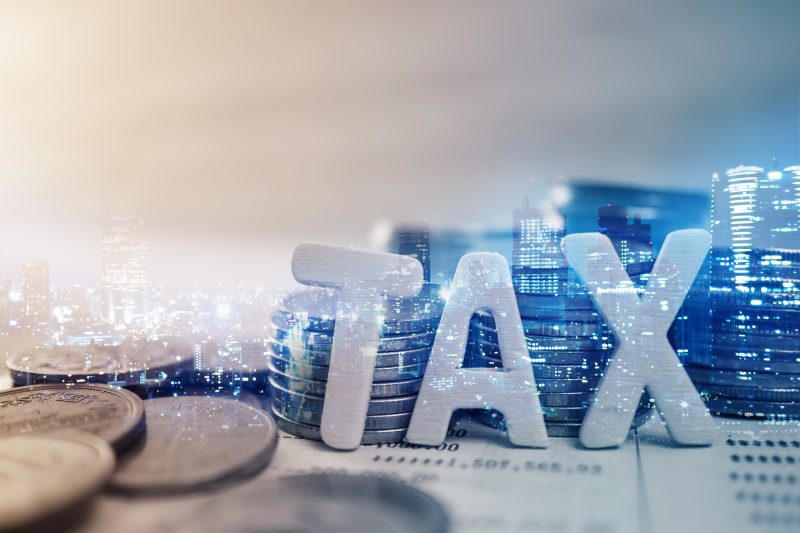The Bombay High Court states that the tax department has the power to place a time limit on the use of accrued credits from the former indirect tax regime. The judgment of the Bombay High Court comes as a setback for companies which were unable to upload information via the form TRAN-1 and transfer the credit balance to the Goods and Services Tax (GST) regime for some reason or the other.
The GST Act had allowed taxpayers to carry forward accrued input tax credits, when it was implemented in June 2017. Previously, companies were required to file TRAN-1 forms by 27 December 2017, following several extensions. Those faced with technical difficulties in filing TRAN-1 were given time until 31 March 2020. This was given by the department, using its powers under the CGST Act, Rule 117.
Taxpayers questioned the law, and they argued that Rule 117, which requires the department to recommend a deadline for filing the document, is ultra vires. Also, they argued that the input tax credit is a right and not a taxpayer concession.
The department says that the credit would have been disallowed under the older system. But, the credit was allowed to carry on as a concession. It’s not a matter of right, and the courts have upheld this point through various decisions. Finally, the department can handle situations in which it is due to the failure to file the document.
Also Read: COVID-19 lockdown: Businesses need GST return filing extensions
The Bombay High Court agreed with the stance of the tax department and upheld the legal validity of the time limit for filing the TRAN-1 form. The relation to tax on inputs in the CGST Act is a concession of nature. This is not a right by any means. In fact, the credit, which may have lapsed due to a change in the tax regime, was permitted by the tax department to carry forward, the high court has said.
Even if the delay is due to any ‘technical problem’ will a licensed company file TRAN-1 under extended deadlines 31 March 2020. However, the delay has to be due to the GST portal and issues such as lack of internet access, or power failure are not technical problems, the court said in its order.
In the case of Nelco Ltd., it questioned the constitutional validity of the time-limits for filing TRAN-1. Nelco had claimed that due to “technical problems”, they could not submit the form and would miss out on using the accumulated CENVAT credit if it were not allowed to file. However, the high court rejected the company’s claims because a ‘technical challenge’ can not be attributed to its failure to file TRAN-1 form.
The judgment would have an impact on existing cases, especially if companies are unable to show that the technological problems faced are on behalf of the GST portal. This decision has essentially shut the door for taxpayers who were unable to move the unpaid credit to the new GST regime.
For any clarifications/feedback on the topic, please contact the writer at dvsr.anjaneyulu@cleartax.in
DVSR Anjaneyulu known as AJ, is a Chartered Accountant by profession. Loves to listening to music & spending time with family and friends.





